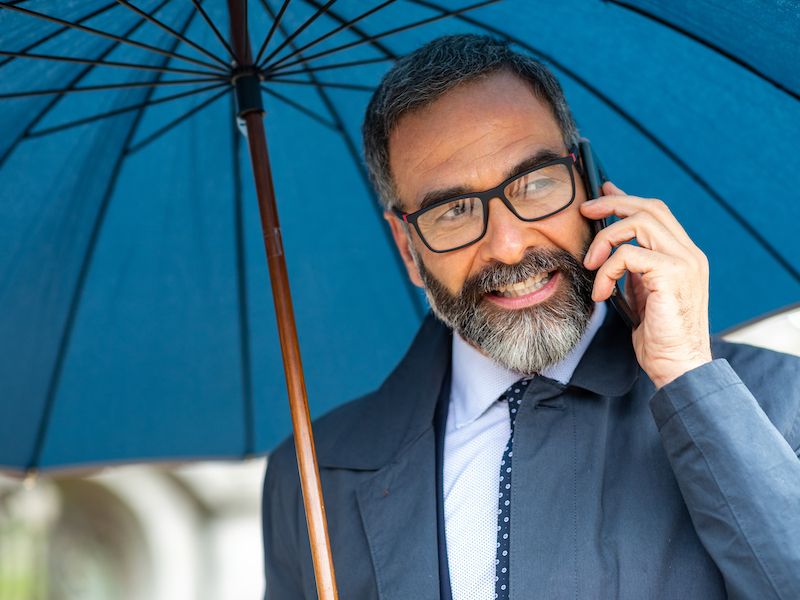
John’s been experiencing problems hearing at work. He’s in denial and is constantly telling himself that everyone is mumbling. He thinks that you have to be old to wear hearing aids, so he’s been avoiding finding a hearing specialist, and hasn’t gone for a hearing exam. Unfortunately, he’s been doing considerable harm to his ears by cranking up on his earbuds. Sadly, his reluctance to admitting that he has hearing loss has stopped him from looking for effective treatments.
But what John doesn’t comprehend is that his viewpoints are outdated. Loss of hearing doesn’t carry the stigma that it once did. While in some circles, there’s still a stigma around hearing loss, it’s far less apparent than it used to be, particularly among younger generations. (Ironic isn’t it?)
What is The Harm of Hearing Loss Stigma?
Simply put, hearing loss has some cultural and social associations that aren’t always fundamentally helpful or true. Loss of vigor and aging are sometimes connected to hearing loss. People are frequently concerned that they might lose social status if others discover they suffer from hearing loss. Some may think that hearing aids make you appear older or not as “with it”.
You could be tempted to think of this stigma as somewhat of an amorphous issue, detached from reality. But for individuals who are trying to cope with hearing loss there are some very real repercussions. Including these examples:
- Putting of on hearing loss management (causing needless troubled and poor outcomes).
- Job obstacles (Perhaps you were attending a meeting and you didn’t quite make out some significant information).
- Difficulties in your relationships (Your not just tuning people ot, you just can’t hear them very well).
- Difficulty finding employment (it’s sad to say, but some people may buy into the stigmas around hearing loss even if it’s not entirely legal).
This list could go on for quite a while, but at this point you most likely get the point.
Thankfully, changes are occurring, and it genuinely does seem as though the stigma surrounding hearing loss is on its way out.
The End of Hearing Loss Stigma
This decrease in hearing loss stigma is happening for several reasons. Our relationship with technology coupled with demographic changes in our population have started to alter how we experience devices like hearing aids.
More Younger Adults Are Being Diagnosed With Hearing Loss
Younger adults are suffering from loss of hearing more often and that could very well be the number one reason for the decline in the stigma connected to it.
34 million U.S. citizens are dealing with loss of hearing according to most statical studies, which breaks down to 1 out of every 10 people. In all probability, loud noises from a number of modern sources are the primary reason why this loss of hearing is more widespread than ever before.
There’s more discussion and knowledge about hearing loss as it becomes more widespread.
We’re More Comfortable With Technology
Possibly you resisted your first pair of hearing aids because you were concerned they would be an obvious sign that you have a hearing issue. But now hearing aids nearly completely blend in. No one really even sees them. Under most circumstances, newer hearing aids are small and subtle.
But hearing aids also frequently go unnoticed because these days, everyones ears seem to have something in them. Everyone is used to having technology so no one is concerned if you have a helpful piece of it in your ear.
An Overdue Shift in Thinking
Obviously, those two reasons are not the exclusive causes behind the reduction of hearing loss stigma. Much more is commonly comprehended about loss of hearing and there are even famous people that have told the public about their own hearing loss scenarios.
There will continue to be less stigma concerning hearing loss the more we observe it in the world. Now, of course, we want to prevent loss of hearing in every way that we can. The ideal would be to reverse the trends in youth hearing loss while combating against hearing loss stigma.
But at least as the stigma fades, more people will feel comfortable making an appointment with their professionals and having frequent exams. This will help enhance overall hearing health and keep everyone hearing better longer.
